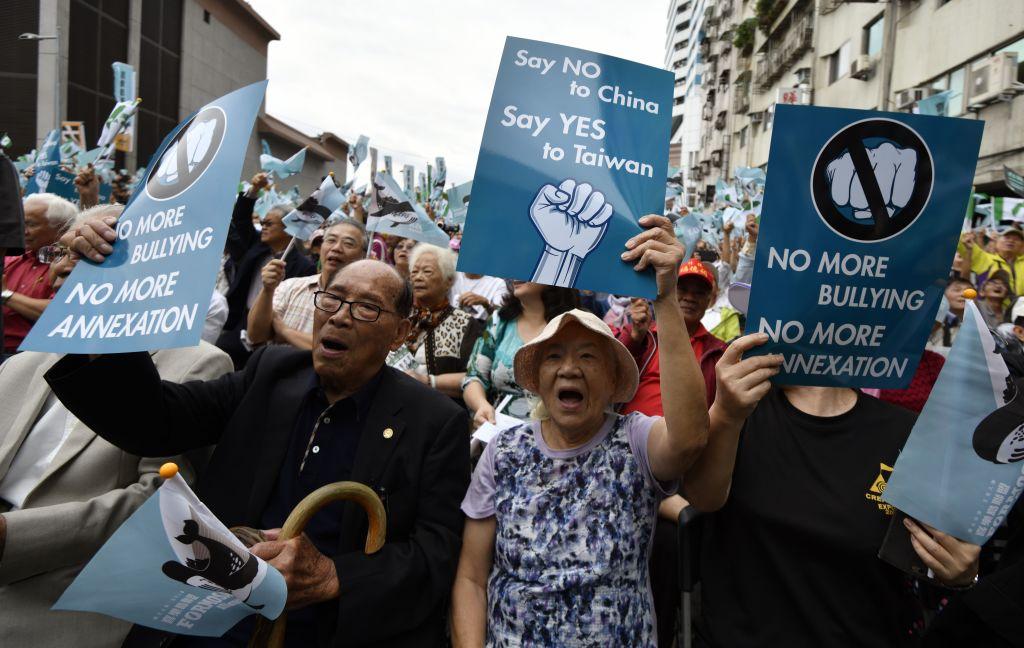TAIPEI—Taiwan, which is often dubbed “a beacon of democracy” in the Chinese diaspora, concluded its elections on Nov. 24, with a number of political offices in the running, including mayors, country magistrates, and legislators.
The elections, however, were marred by political meddling and interference from Beijing. One incident involving the United States’ top diplomat to Taiwan was just the tip of the iceberg.



